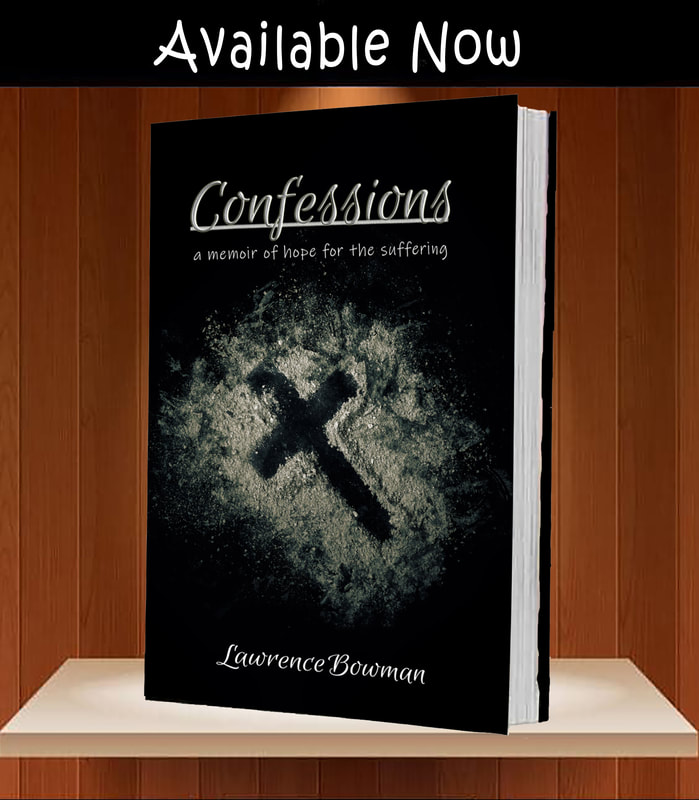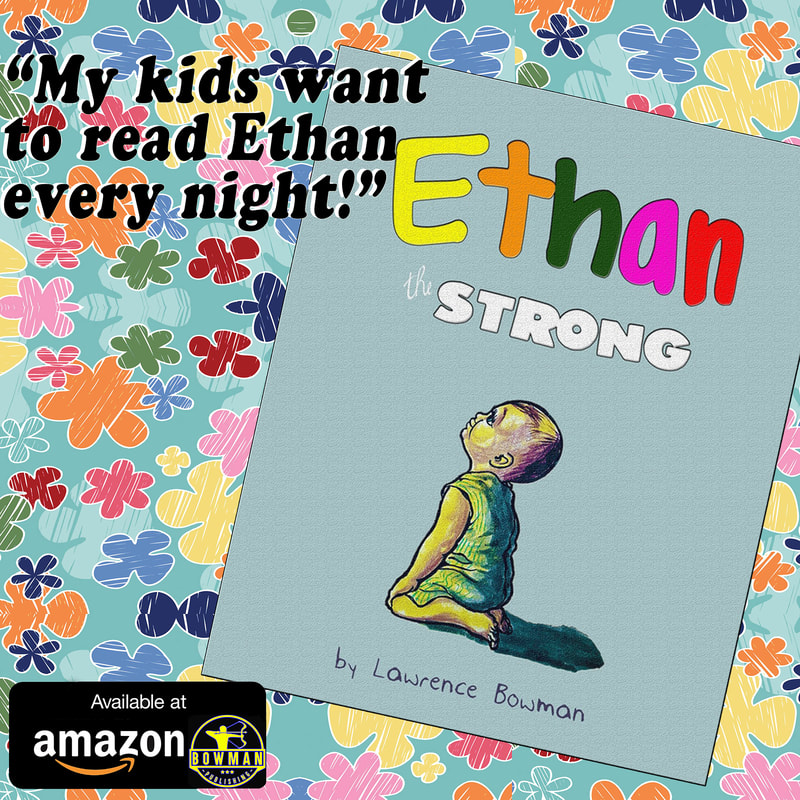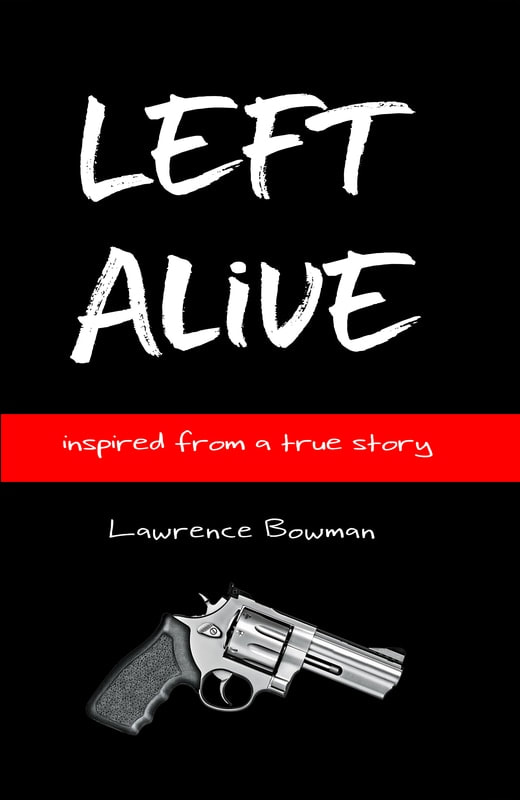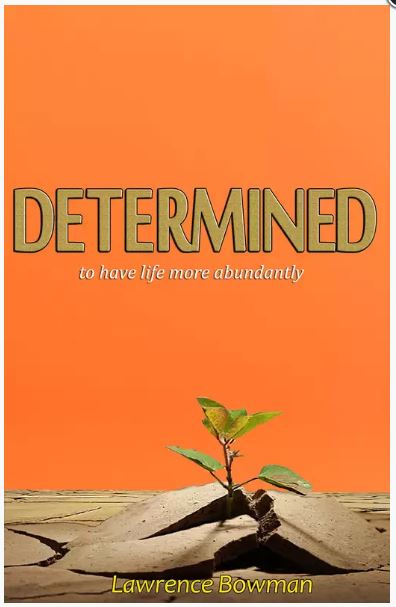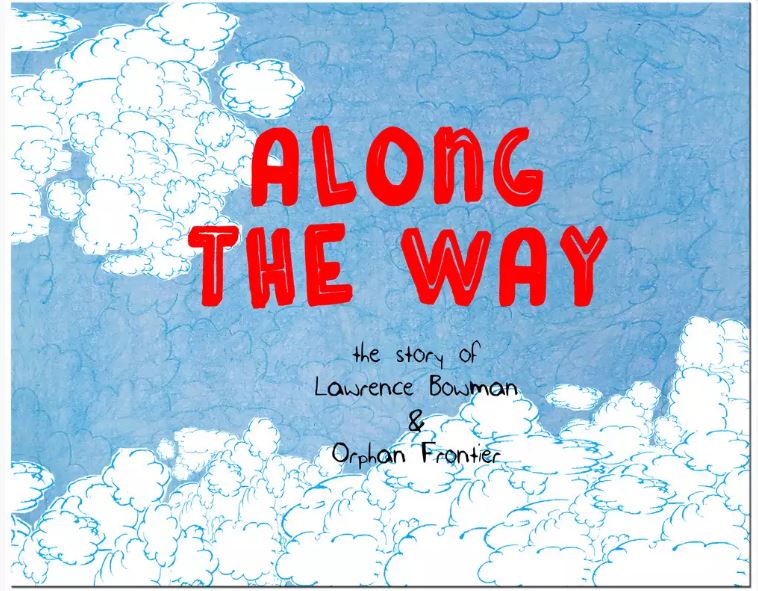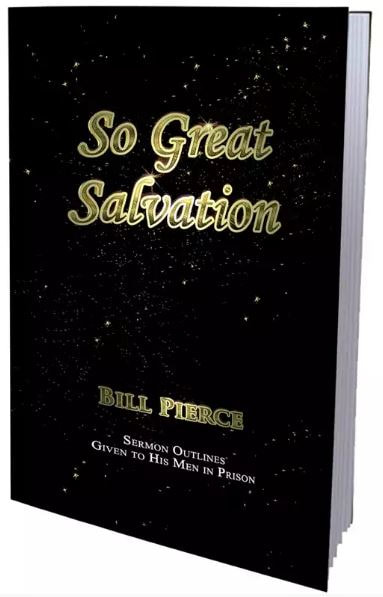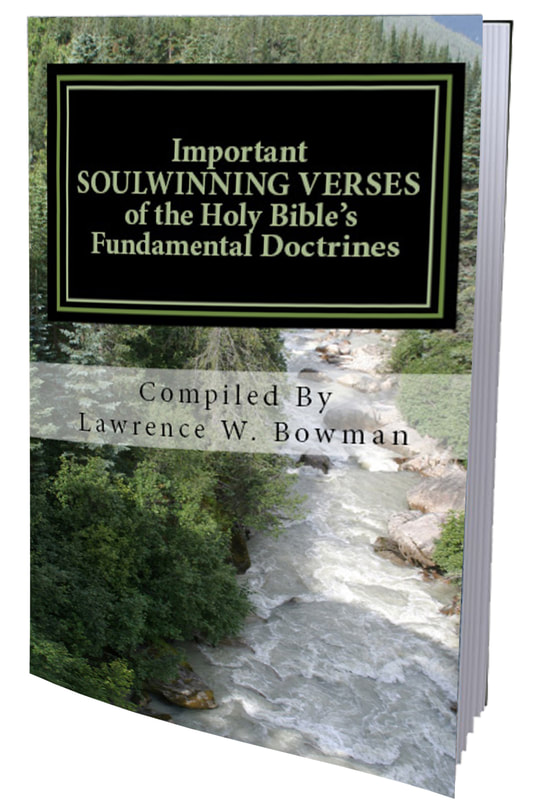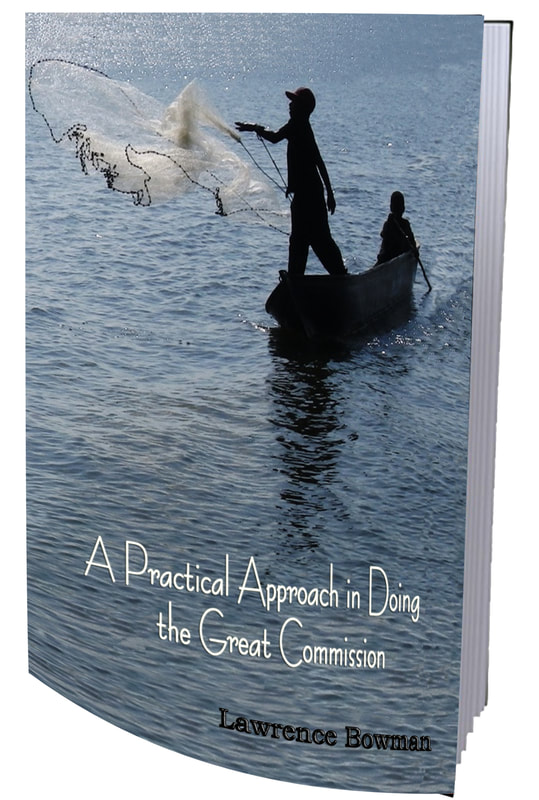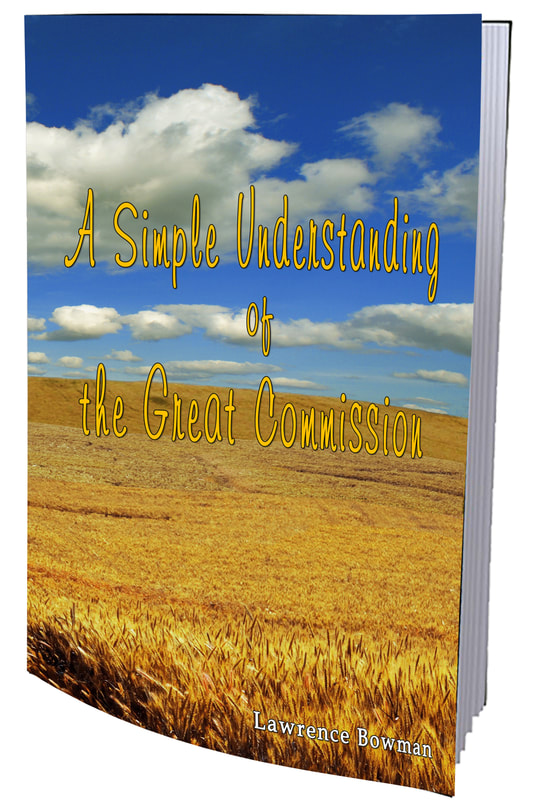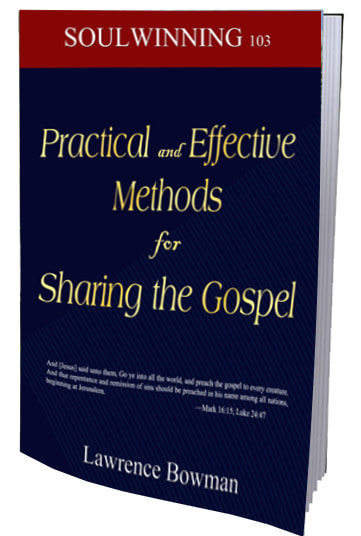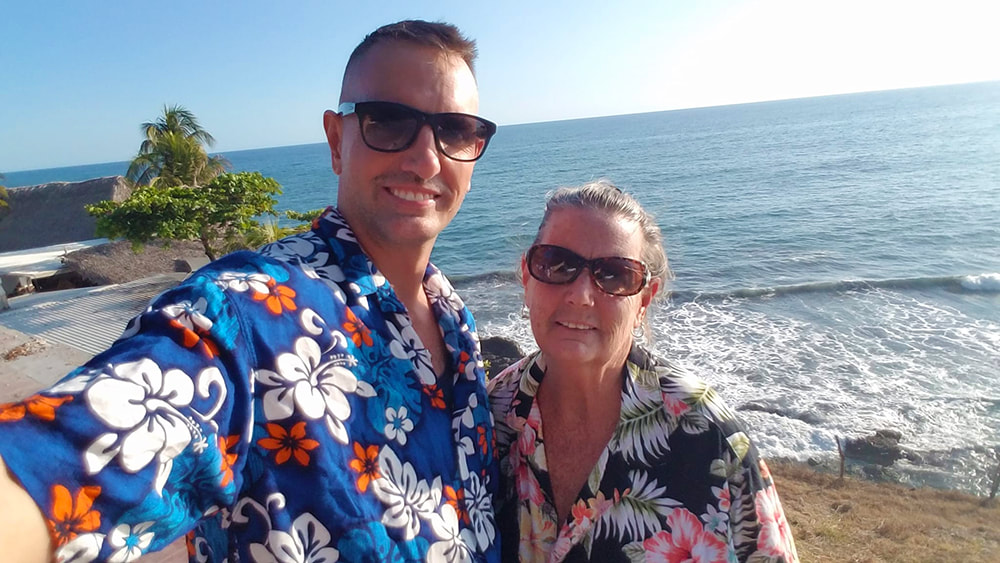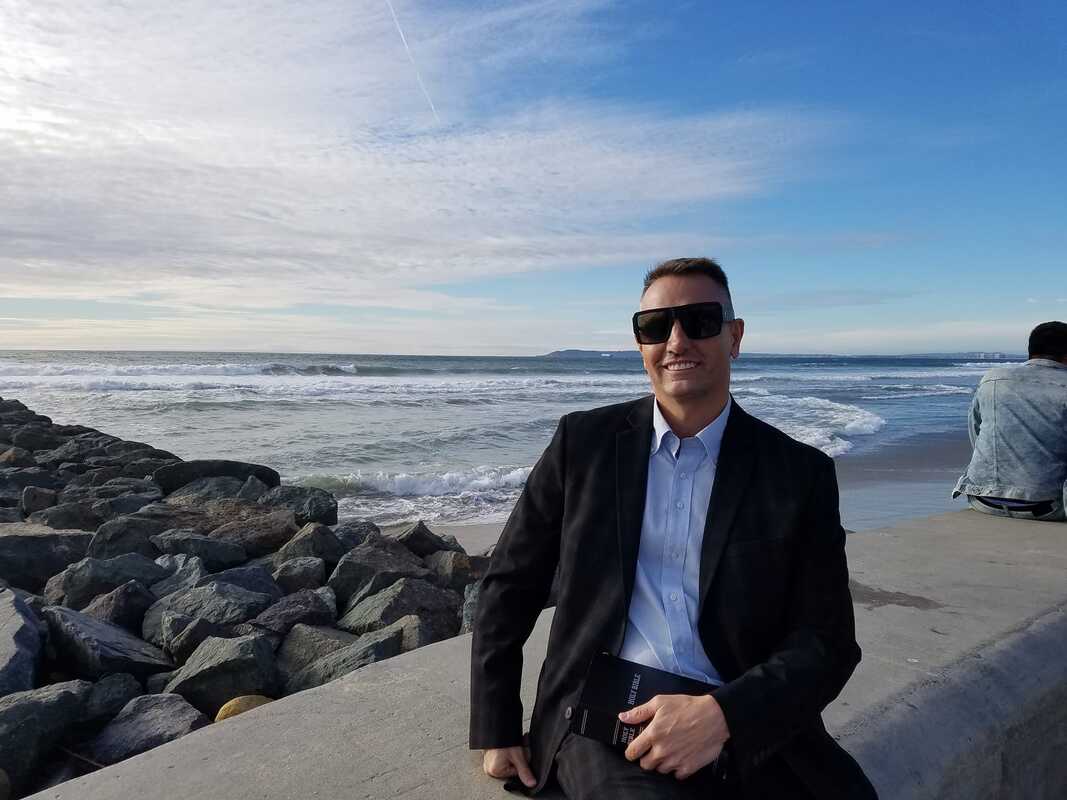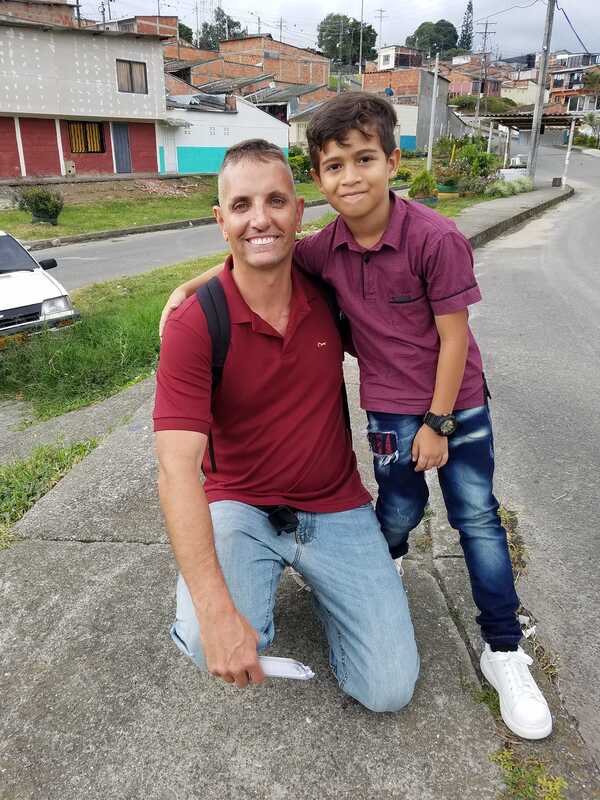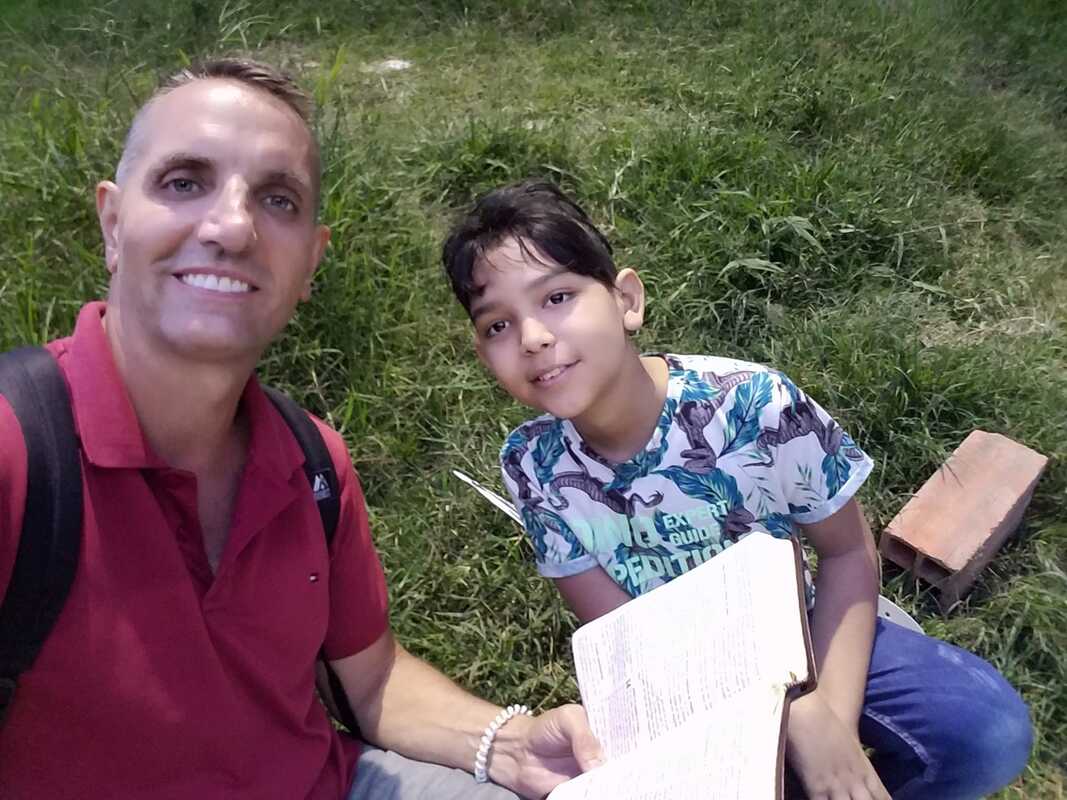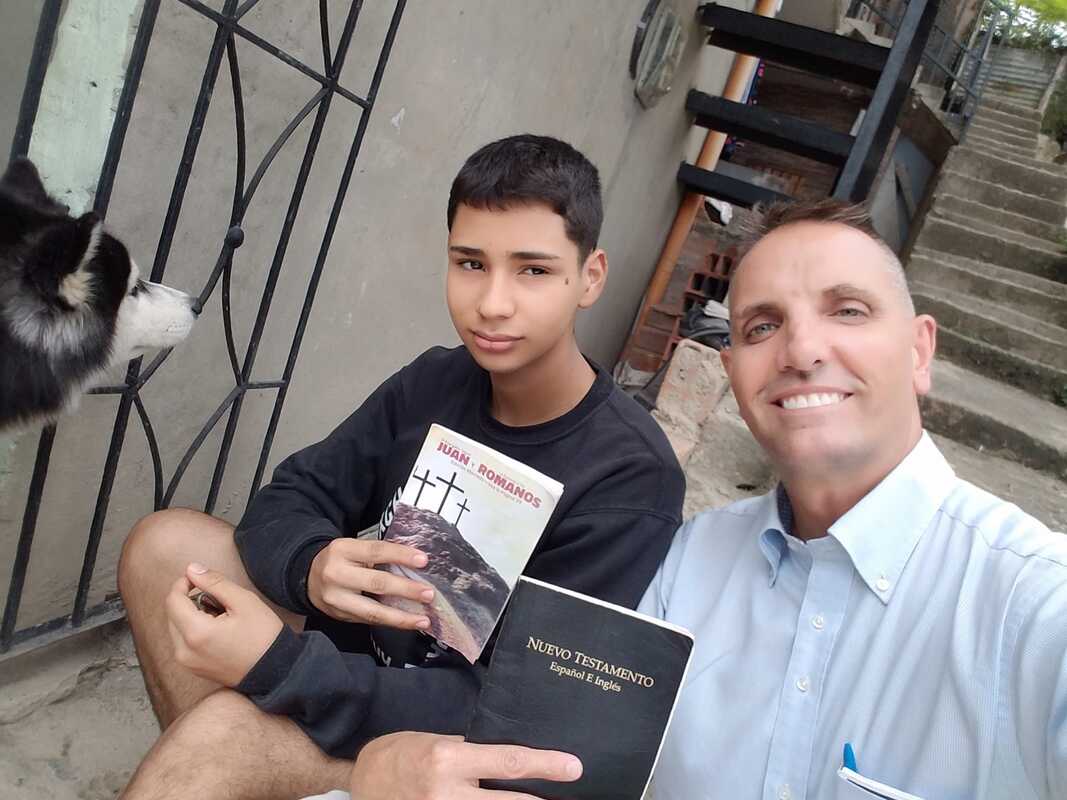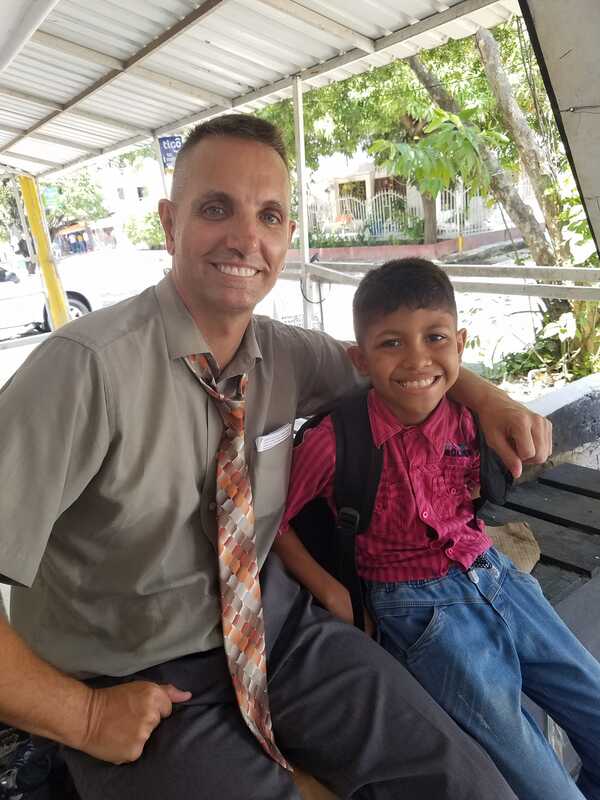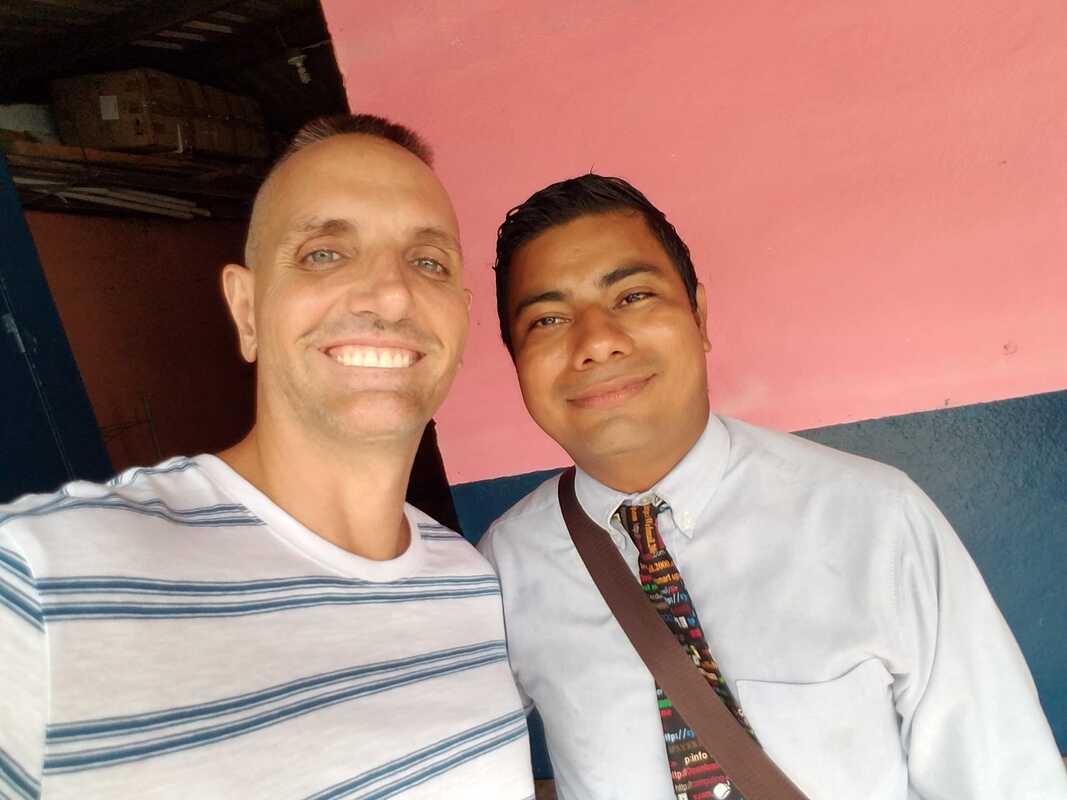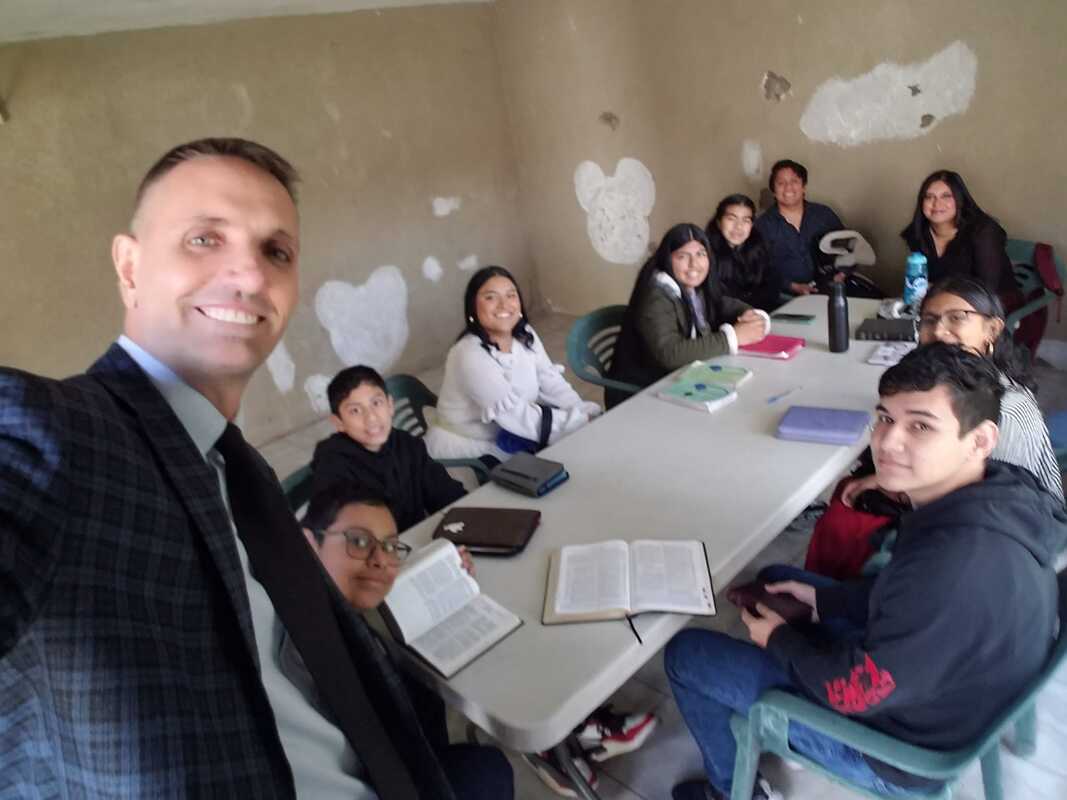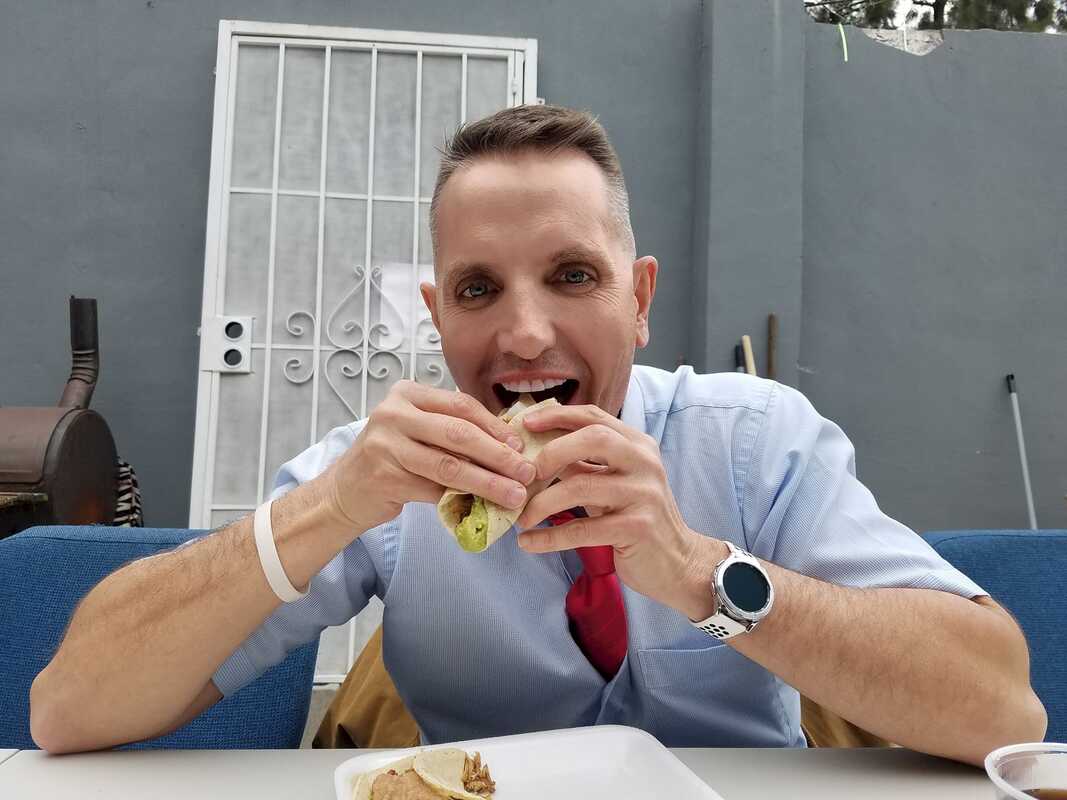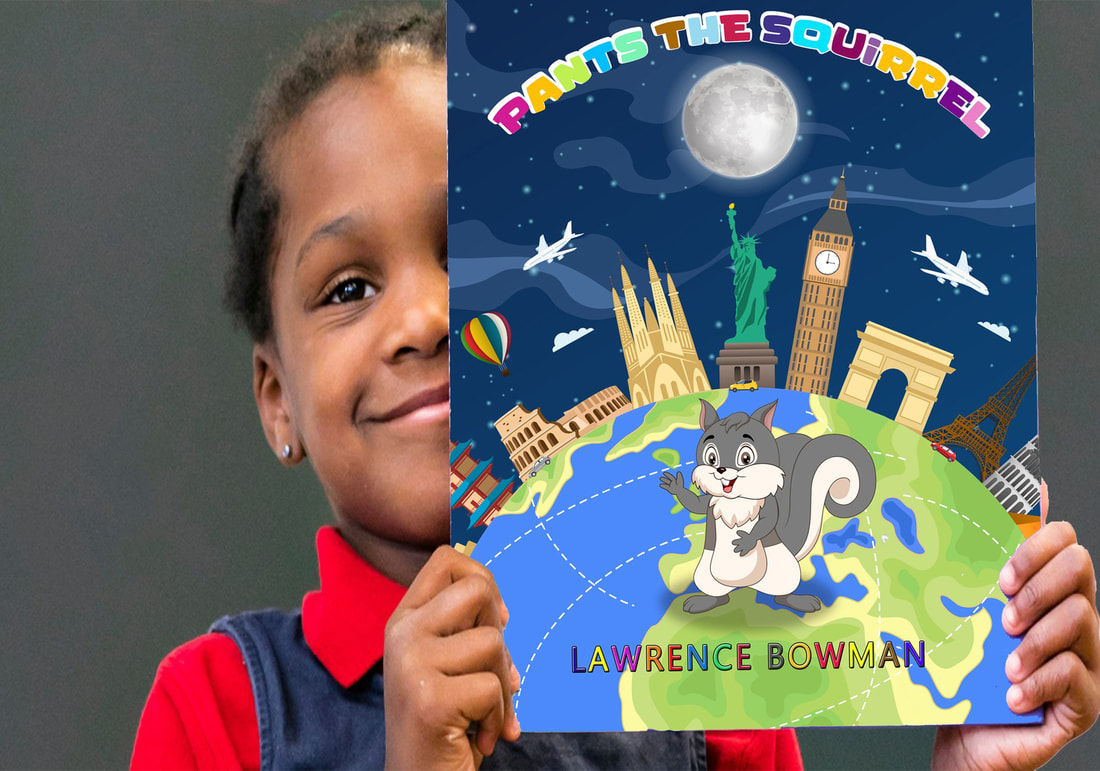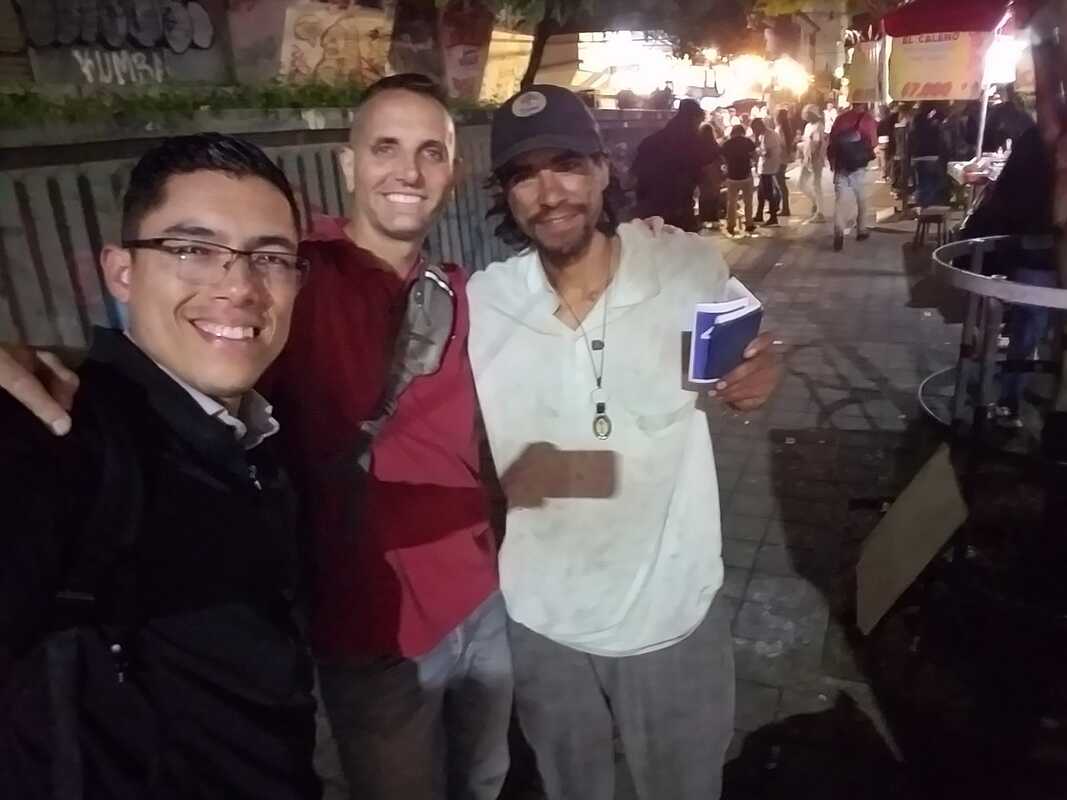Atheism isn't built on a foundation of scientific reasoning or evidence. Rather, it often stems from something much deeper—matters of the heart. It's a response to the complexities of personal experiences, emotions, and perceptions that shape one's worldview and relationship with God. 💖
When someone declares their disbelief in God, it's rarely because they've found irrefutable proof against His existence. More often, it's because they've faced profound suffering, loss, or disappointment. They struggle to reconcile the idea of a loving, omnipotent God with the pain and injustice they see around them. This inner turmoil can lead to a hardened heart, one that finds it easier to deny God's existence than to grapple with difficult situations. 😔
For those who say they are atheists because of science, I challenge you to look deeper. Ask yourself if your disbelief is truly about scientific evidence or if it's more about unresolved hurt and unanswered questions. Are you seeking to understand, or are you shielding yourself from further pain by denying the possibility of a higher Authority? 🤔
Take a moment to reflect, to open your mind and heart to the possibility that there is more than what meets the eye. Embrace the journey of seeking and understanding, and allow yourself to see beyond the immediate pain to the potential for profound growth and connection with something greater. From the crucible of suffering, many great things emerge: much like how your own existence emerged from your mother’s travail, and Jesus Christ’s agony on Calvary opened the door for us to have fellowship with God. Though unwanted, pain and suffering possess the transformative potential to birth great things. 🌱
Faith is a journey, not a destination. Faith is a relationship and not a contract. It’s about walking alongside Someone, step by step, even amidst uncertainty and when the path isn’t clear. It’s about choosing to see the light amidst the darkness and trusting that every moment, every experience, is part of a greater plan. 🚶♂️
Faith in God doesn't demand an absence of doubt or suffering; rather, it beckons an openness to the possibility that there is a deeper meaning behind suffering in the grand scheme of things. As humans, our perspective is limited, yet faith in God invites us to trust Him and His ways beyond our grasp. 🙏
As a Christian, I’m compelled to extend compassion to those who wrestle with faith. Therefore, I encourage open, honest dialogues about these deep-seated issues with those who seek to understand. I acknowledge that the journey toward belief involves healing the heart rather than solely convincing the mind. Perhaps this is why God repeats in the Bible, He wants your heart. God desires a genuine relationship, where we can pour out our emotions, doubts, and concerns to Him. And if you listen, He certainly does respond. 💬
Ultimately, atheism isn’t just about rejecting the idea of God. It’s also about the denial of healing, impeding the process of addressing past hurts and disappointments, navigating complex emotions, and making sense of difficult personal experiences. Life has both beauty and suffering, and it’s through both that God unveils who He is. So, let’s choose to accept the grandeur picture of things and move forward walking alongside God. Let’s open our hearts to understanding and embrace the beauty of faith, even in the face of life’s greatest challenges. 🌈



